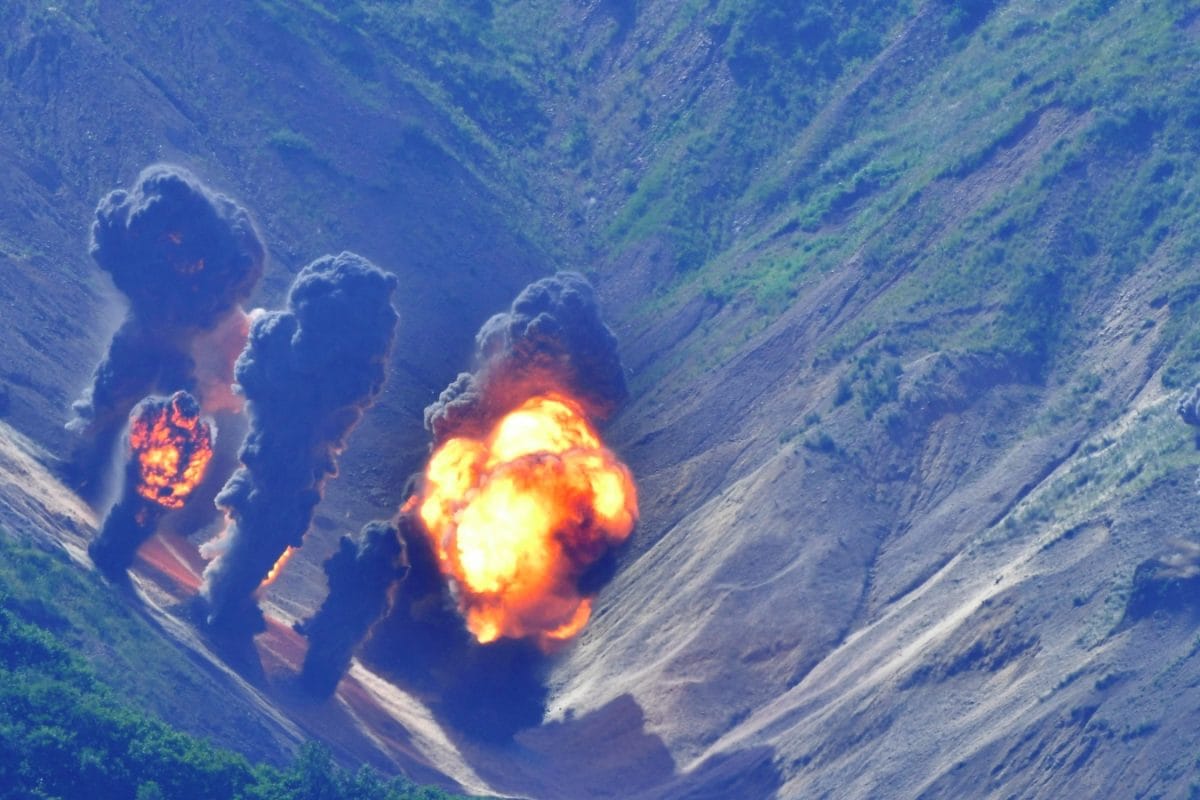

As global tensions continue to rise, with conflicts erupting and escalating across the globe, many are understandably wondering where the safest places to seek refuge might be if a full-blown World War breaks out. While no place can offer a 100% guarantee of safety, some nations possess characteristics that make them potentially more secure than others. Iceland and Switzerland are often cited as prime examples, each offering a unique set of advantages.
Iceland: The Isolated Island Nation
Iceland consistently ranks as one of the most peaceful countries in the world, topping the Global Peace Index for the 17th consecutive year in 2025. Several factors contribute to its safe haven status. Its geographic isolation in the North Atlantic Ocean makes it strategically unimportant in global conflicts. Being thousands of kilometers away from Europe and other major landmasses significantly reduces the likelihood of direct military invasion.
Iceland has no standing army, making it unique among NATO members. This demilitarized status further diminishes its profile as a potential target. Iceland's constitution also lacks a mechanism to declare war, underscoring its commitment to peace. Although Iceland is a NATO member, its participation is primarily focused on peacekeeping and crisis response efforts. The Icelandic Coast Guard patrols the country's waters and monitors its airspace, and the Icelandic Air Defence System conducts surveillance, but these are primarily for maintaining sovereignty and security within its territory.
The country also boasts energy independence thanks to geothermal and hydroelectric power, and it is relatively self-sufficient in fisheries, securing essential resources for its population. Iceland's low population density further reduces the risks associated with food shortages in a global crisis. However, it is worth noting that while Iceland should be spared the brunt of a nuclear war in Europe, fallout from widespread nuclear attacks on the mainland could potentially reach its shores in small quantities.
Switzerland: The Neutral Alpine Fortress
Switzerland has a long-standing tradition of neutrality, dating back to the Congress of Vienna in 1815. The country has not been involved in any war since then, including both World Wars, maintaining its neutrality through a policy of "armed neutrality." This involves maintaining a strong military to deter invasion while simultaneously prohibiting foreign troop deployments. Switzerland's neutrality is also enshrined in its constitution.
The country's mountainous topography provides a natural defense against invasion. Switzerland has an extensive network of nuclear fallout shelters capable of accommodating its entire population. These shelters are built to condo standards and contain air filtration systems, emergency power supplies, and water tanks, enabling residents to survive for extended periods. Even regular motorway tunnels are designed to be adapted as fallout shelters.
Switzerland's economic stability and self-sufficient agriculture also contribute to its resilience in times of crisis. The country has strict controls over its airspace and maintains high levels of preparedness. However, some have accused Switzerland of favoring Russia because the Swiss government has blocked the delivery of Swiss-made weapons and ammo purchased by other European countries. A US general even advised Switzerland to 'prepare for war' in March of 2025, stating that Russia doesn't respect Swiss neutrality, and there are other ways it can inflict harm.
Other Considerations
While Iceland and Switzerland offer compelling cases as potential safe havens, it's important to acknowledge that no country is entirely immune to the effects of a global conflict. Factors such as nuclear fallout, economic disruption, and refugee crises could still impact even the most isolated and neutral nations.
Other countries often mentioned as potentially safer options include New Zealand, due to its remoteness and neutral stance; Greenland, owing to its remote location and political neutrality; and even Antarctica, due to its extreme isolation and lack of strategic importance. Each of these locations presents its own unique challenges and benefits.
Ultimately, the "safest" country in the event of a World War is a matter of speculation and depends on the specific nature and scale of the conflict. However, by examining factors such as geographic isolation, political neutrality, economic self-sufficiency, and defensive capabilities, it's possible to identify nations that may offer a greater degree of protection in an increasingly uncertain world.